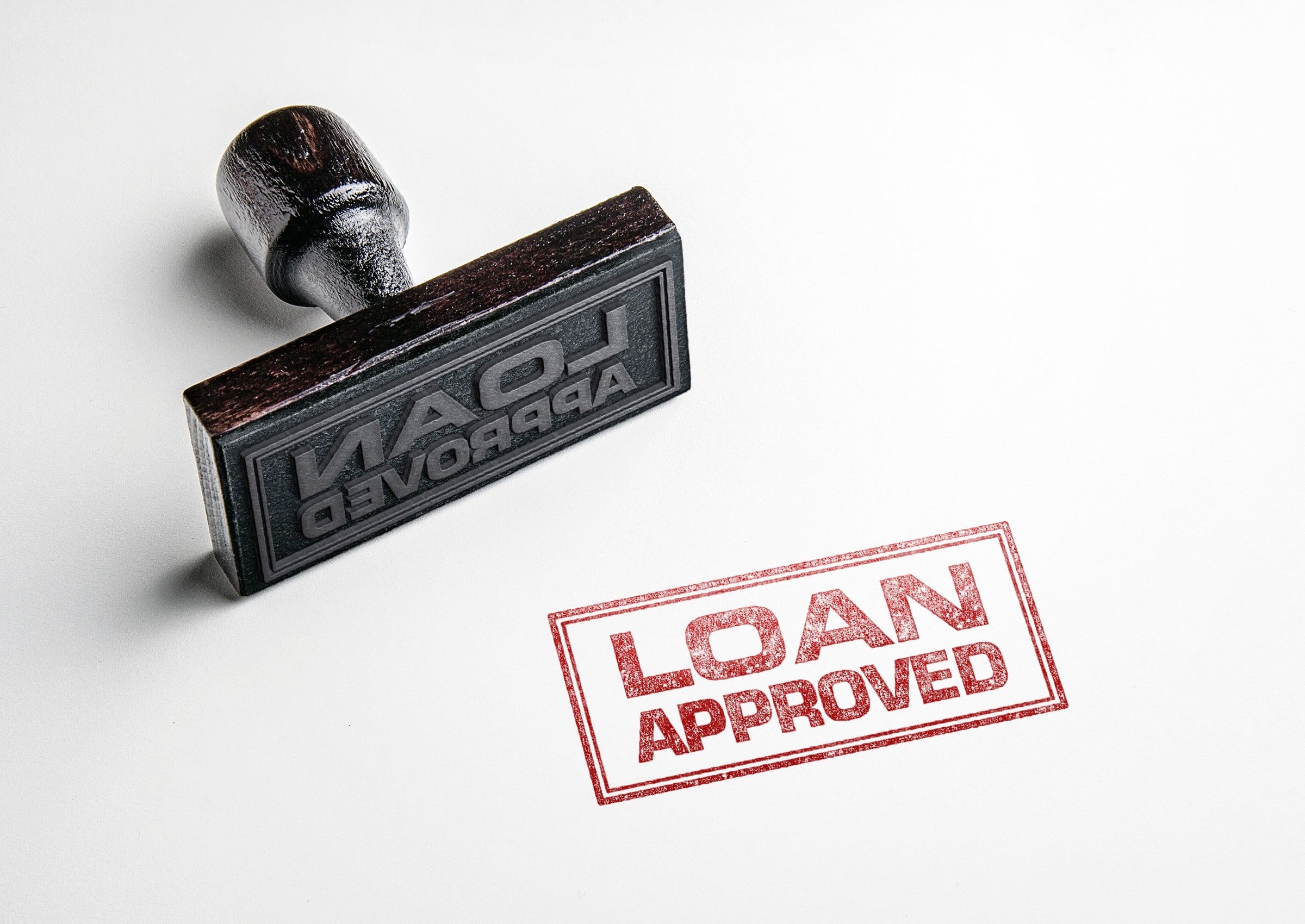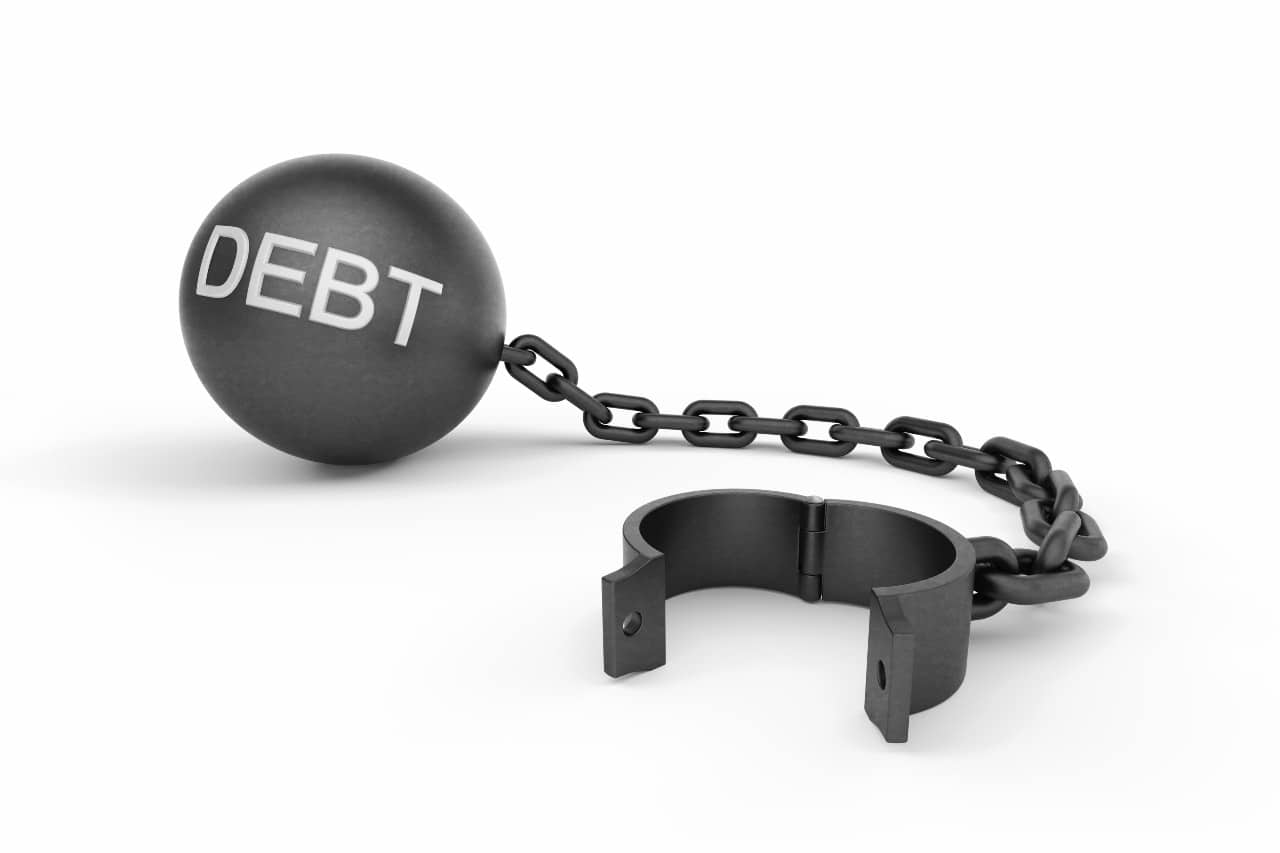A big change just happened in the world of credit card fees that can really pack a punch to your wallet. You might find a new addition to the already hefty list of credit card fees added to your bill the next time you swipe your card. It’s called an interchange fee. Interchange fees have been around for as long as credit cards themselves have been around, until now, most of us haven’t had to put much thought into them. That’s all changing, here’s how and why.
What Is An Interchange Fee?
The card issuer, such as Visa or Mastercard, charges the merchant an interchange fee whenever a customer swipes a credit card. In order to continue offering customers the option of paying by credit card, the merchant must stay on top of paying those fees.
On an individual transaction basis, the fees don’t seem like much, just 1.4% – 2.4% of the total bill here in Canada. When you consider how many transactions a merchant does in a month though, those fees add up quickly!
Experts predict that the restaurant industry alone will make over $79 Billion in sales in 2022. Using the conservative 1.4%, that would still mean over $1 Billion in interchange fees. Even if only a fraction of customers pay with their credit card, a fraction of a billion is still a lot. Especially for restaurants that have notoriously small profit margins.
What Is Changing About Interchange Fees And Why?
It’s these huge costs that pushed merchants into action. Canadian merchants have been facing some of the highest interchange fees in the world. Many other countries have regulations in place to limit interchange fees. As of right now, Canada hasn’t followed suit.
Merchants have been trying to work with organizations, financial institutions, and legislators to get the fees under control. Regulators made promises but didn’t follow through. This is why they had to pivot their approach.
Until now, merchants had to swallow all that cost themselves. Regulations didn’t allow them to pass the cost on to customers. A class action lawsuit changed all that.
The courts ruled that as of Oct. 6th, 2022 merchants can now legally add a surcharge to customer bills to cover the interchange fee. There are a few rules merchants have to follow: They must:
- Give customers 30 days notice before starting to add the surcharge to bills
- Post a notice of the new surcharge
- Not charge more than the interchange fee
- Notify customers of the surcharge at the point of sale before doing a credit card transaction
Which Merchants Will Be Adding The Surcharge?
Merchants have mixed reviews about these changes. The Canadian Federation of Independent Business surveyed its members to find out if they would start adding a surcharge. Here’s what they said:
- 19% of merchants said they will be adding a surcharge right away.
- 40% said they weren’t sure yet.
- 26% want to wait and see what their competitors and suppliers do.
- 15% said they wouldn’t be adding the surcharge.
Merchants know that we, as consumers, don’t tend to be very welcoming to added cost. With good reason, especially right now with inflation running so high. They’ll have to weigh the advantages of getting back the cost of the transaction fee against how many customers they could possibly lose.
On a positive note, many businesses planning to add the surcharge right away serve other businesses, not consumers. There are direct-to-consumer businesses that will be partaking in adding the surcharge. As much as 19% of hospitality businesses, 17% of personal service businesses and 12% of retailers say they will take advantage of these new changes.
What To Consider Now
Now that you might be spending more on your purchases there are a few things you’ll want to consider before the next time you swipe or tap your credit card.
How Much Of A Surcharge
That bagel and coffee are worth a couple more cents to you, but the new flat screen might not be worth the extra cash.
Whether Rewards Are Worth it
Many people prefer paying with their credit card so they can take advantage of all the extra perks it provides. Over the years the rewards and benefits credit cards offer have gotten better and better. At this point, they’re nothing to sneeze at. With the extra cost hitting your wallet it’s worth taking a second to consider which transactions are still really worth the extra benefits.
Which Card You Use
This is a good opportunity to take a few minutes to scrutinize the cards you have. Are they really the best ones for your lifestyle? Are there new ones that would give you benefits or rewards that would be of more use to you? Maybe it’s time to take another look at the credit card fees associated with your cards like the interest rate or annual rate? Or maybe you need a different credit limit or the ability to do cash advances? If you do decide to change credit cards, just do so wisely. Make sure you’ve read through the agreement thoroughly and have considered any consequences to your credit score.
Another Type Of Payment
To avoid the extra charges, consider paying with cash or a debit card. There are even options out there now where you can pay online using money from your bank account.
Surcharge FAQs
Is the surcharge refundable? – If you return an item bought with your credit card the surcharge will be a part of the refund.
Is the surcharge taxed? – Surcharges are calculated based on the sale total before tax.
Which cards are impacted? – This change only affects Visa and Mastercard credit cards.
How Will This Affect My Wallet?
The more obvious effect this change has on your bank account is the extra cost at the time of the transaction. The less obvious comes in the future. Don’t forget these charges are part of a credit card purchase. That means more interest for those that don’t keep on top of their credit card payments each month.
It’s another cost that doesn’t look like much at first but adds up to a significant amount down the road.
Key Takeaways
The main takeaway here is to be aware of the change and at each transaction take a second to consider what the extra cost really means for that purchase. Ask yourself a few simple questions. Do the rewards make it worthwhile? Is the item you’re buying worth that much more to you? Should I pay with cash or debit instead?
If you’re already struggling with credit card debt we can help. Our trained credit counsellors can deliver a plan to get you out of debt. Reach out to us to get started.










